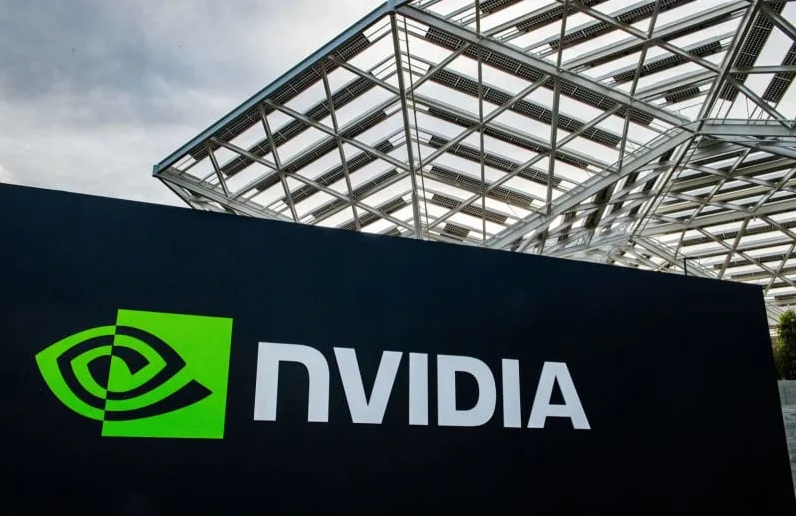
U.S. Expands AI Chip Export Ban to China: Nvidia Hit With $5.5B Loss, Global Trade at Risk
President Donald Trump has significantly escalated the United States' efforts to curb China's access to advanced semiconductor technology. The latest move involves expanded export controls on AI chips, targeting China's burgeoning artificial intelligence and supercomputing industries. The restrictions are designed to limit Beijing's military and surveillance capabilities but have far-reaching economic implications.
As a direct consequence of the new rules, Nvidia, a leading U.S. chipmaker and a major supplier of AI hardware, announced a $5.5 billion write-down, citing lost sales and inventory impacts. The company had previously relied heavily on Chinese demand for its high-end GPUs, which are crucial for training large AI models and powering data centers. Shares in Nvidia and other semiconductor firms dropped sharply following the announcement.
The move has sent shockwaves through global financial markets, with investors concerned about the escalating tech war between the world’s two largest economies. Semiconductor stocks in Taiwan, South Korea, and Europe also took a hit, amid fears of a broader decoupling in the global tech supply chain.
The World Trade Organization (WTO) issued a rare warning, stating that these export controls, coupled with retaliatory tariffs and broader protectionist measures, could reverse global trade growth. The WTO revised its global trade forecast for the year, slashing it from a +2.7% increase to a projected -0.2% decline. The organization warned that continued fragmentation of global supply chains could lead to long-term economic stagnation.
China's Ministry of Commerce condemned the U.S. action, vowing to pursue "necessary countermeasures" and labeling the restrictions a violation of international trade norms. Meanwhile, U.S. officials argue the measures are necessary for national security, framing the tech rivalry with China as a battle over the future of AI and strategic technological dominance.
Analysts warn that companies in the semiconductor ecosystem—from chip designers and foundries to equipment suppliers—may face prolonged uncertainty. The longer-term implications could include accelerated efforts by China to build a self-sufficient chip industry, further bifurcating the global tech landscape.
Author: Global Ripple
Posted on: April 16, 2025
 Global Ripple
Global Ripple